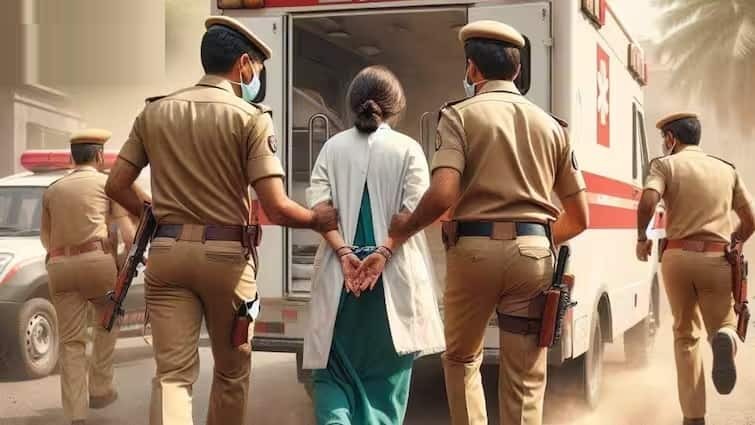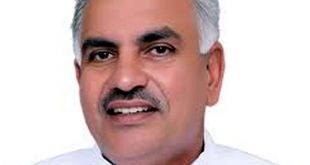
Kidney Racket: Every year more than 2 lakh kidney transplants are required in the country. But according to the report, hardly 15-20 thousand kidney transplants are done in a year. The remaining 1 lakh 80 thousand patients are either on dialysis or have adopted a shortcut. Some people start walking on the wrong path in pursuit of a shortcut. Kidney transplants are being done illegally and through wrong methods. Nowadays the kidney racket is flourishing in the system.
How does the kidney racket work?
According to a report published in the Times of India, Dr. Anup Kumar, kidney transplant surgeon at Safdarjung Hospital, while talking about the kidney racket, said that due to this the demand and supply is very high. Out of the requirement of 2 lakh in a year, only 15-20 thousand people get transplant.
Its success rate is very high. The cost is much less compared to liver, heart and lung transplantation. Dr. Vikas Jain says that if the donors have two kidneys, then they also need big infrastructure and expertise for kidney surgery. Its surgery is also done at small centers. This is not even the protocol of small cities. That is why kidney racket is mostly run in small cities.
This is how the kidney racket is executed
Doctors say that the whole game of kidney racket is done through documents. Because the committee does not know anything about the relationship between the recipient and the donor. We approve the file on the basis of the documents kept. The documents are also fake and fabricated. If a person wants to show that they are husband and wife then he can do so on the basis of documents.
Aadhar card, voter card, passport are fake. If the husband needs a kidney then the wife becomes the donor. On the basis of this, the wife's blood group is prepared on the basis of the husband's blood group. Actually, the whole game is played when the real donor is someone else and the report makes the patient's wife the donor. In such a situation, the ban committee does not have any special way to verify these cases.
Kidney racket is more prevalent in foreign countries. If the patient is from India, his child can be questioned, but foreign patients face language issues. Apart from this, there is a lot of difficulty in document verification. Therefore, foreign patients can be cheated more quickly. The cost of kidney transplant is 7 to 8 lakh rupees. Foreign patients have to pay 20 to 25 percent more.
After the approval of the committee
Surgery is not performed in transplant without the approval of the Donor Living Committee. The treating doctors are not included in this committee.
 look news india
look news india
